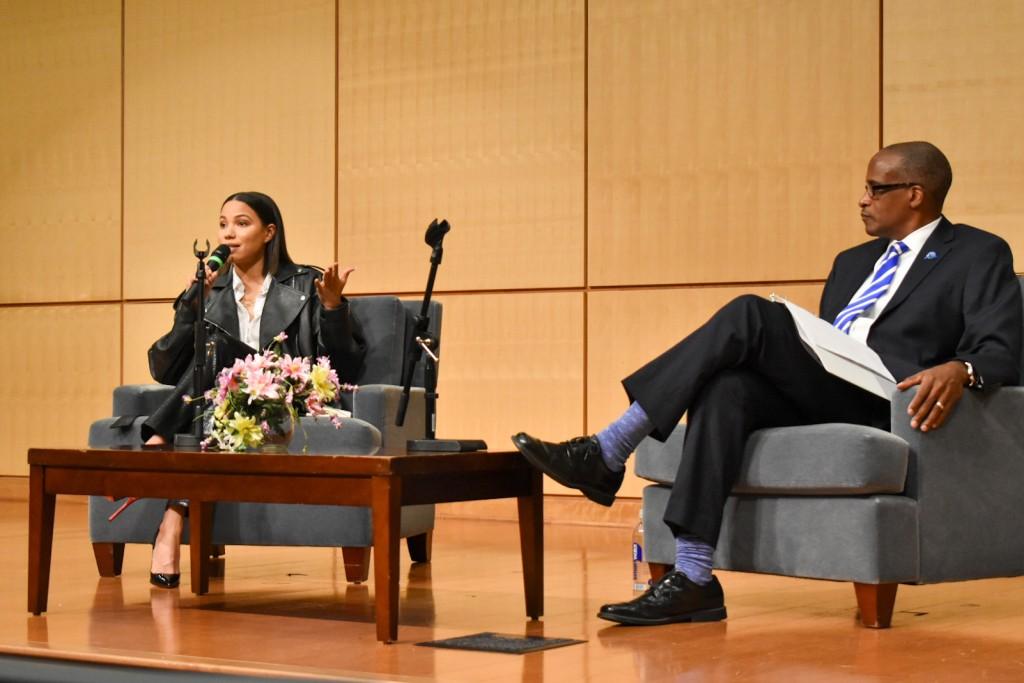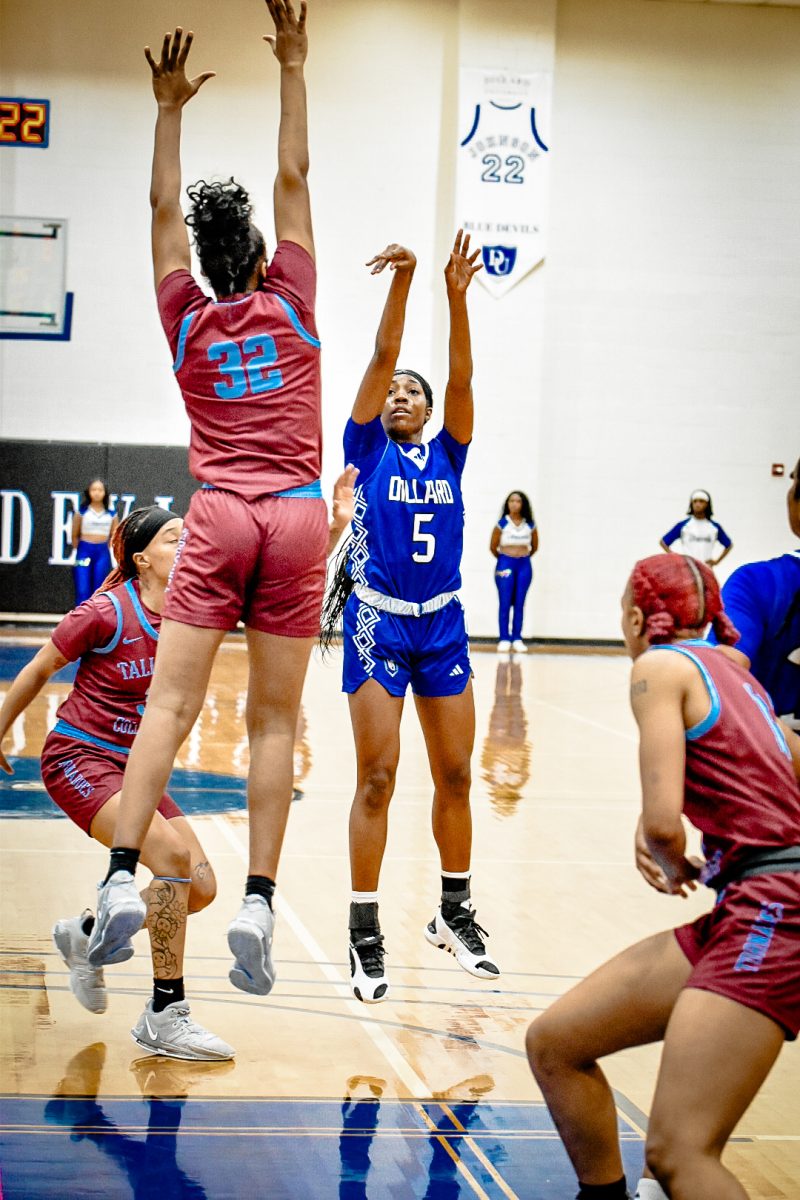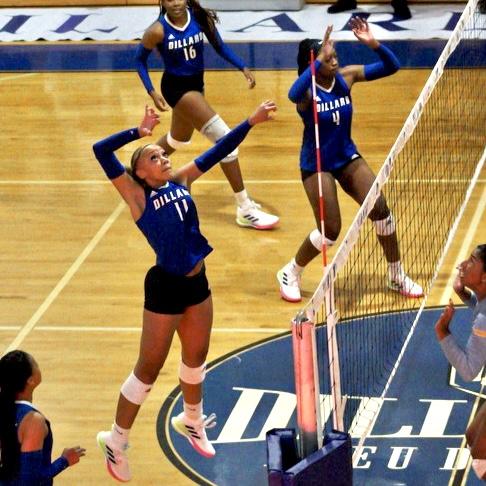Marion Jones, the American track star who won an astounding five medals at the 2000 Olympics in Sidney, Australia, was added to the growing list of Olympic athletes who have admitted using performance enhancing drugs.
“I was shocked and amazed!” said Pamela Page, a 1984 U.S. Olympian who now enters her tenth season as head track and field coach at Clark Atlanta University. “For the most part, I always thought she was pretty much natural. Coming out of high school, if you make an Olympic team, you got talent.”
On Oct. 5, Marion Jones pleaded guilty to two counts of making false statements to federal agents during the 2003 investigation of the Bay Area Laboratory Co-Operative, also known as BALCO. The company had been accused of providing performance enhancing drugs to athletes in various professional sports.
Jones, 31, said that she had taken steroids between 1998 and 2001, a period that included the 2000 Olympics in Sydney, Australia, where she won five medals. She went on to say that her coach, Trevor Graham, initially gave her THG, otherwise known as “the clear”, under the pretense that it was flax seed oil, a natural substance taken by many athletes as a nutritional supplement. She later realized that it was a performance enhancing drug.
The track star has returned the medals she won in Sidney to the United States Olympic Committee. Jones’ admission left many wondering how deeply the sport will be affected.
“When I look at it, I think it sets back track and field because sponsors pull out. It makes it hard to bring on major sponsors,” said track legend Chandra Cheeseborough, a three-time United States Olympian and medalist, who now serves as head coach of Tennessee State University women’s track and field team. “It makes them feel like what’s the use of sponsoring someone who is going to get caught up in the controversy.”
In a media address outside of a U.S. Federal courthouse in White Plains, N.Y. Jones announced her immediate retirement from the sport, and apologized to friends, family, and her fans.
“I am responsible fully for my actions,” said the former track star. “I have no one to blame but myself for what I’ve done. To you my fans including my young supporters, I want you to know that I have been dishonest, you have the right to be angry with me, I have let them down, I have let my country down and I have let myself down.”
For some, the issue of who is to blame is not so clear-cut.
“There comes a point when Marion knew,” Page said. “At some point she had to say ‘I know what I’m doing,’ and at that point it falls on her.”
Still others believe that full responsibility should fall on the athletes, regardless of the pressures that come with success.
“You choose your own actions,” said Sarah Lee, a West Virginia State University freshman who competes in the long jump and sprinting events for WVSU’s track team. “Of course people are pushing you and wanting you to be better, but it was her decision to do it.”
Marc J Harrison, head women’s track coach at the University of the District of Columbia believes Jones’ downfall explains a lot.
“A lot of my young ladies were disappointed because Marion Jones was their idol, but I wouldn’t say it’s discouraging them in any way. They are strong black women and they’ll bounce back. I don’t think it s discouraging,” said Harrison.

























